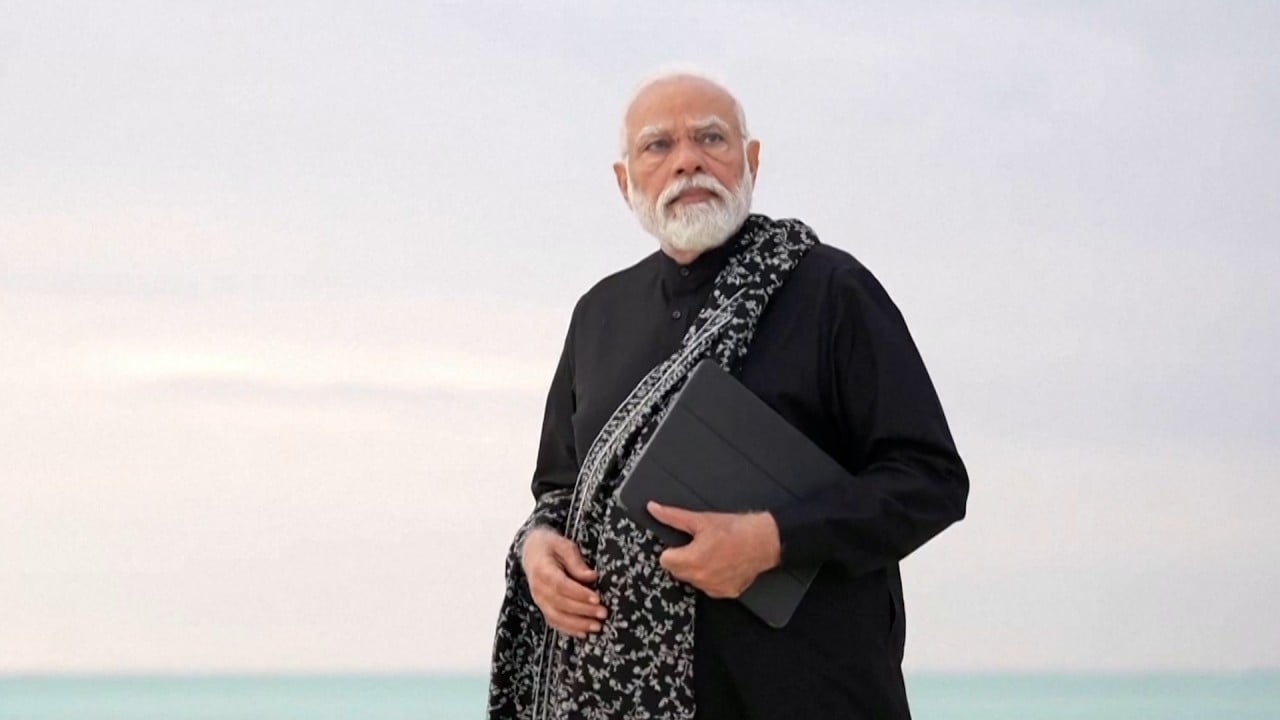China and Russia push for Israel-Gaza ceasefire and two-state solution as foreign ministers vow to boost Brics influence
Russia is set to host the Brics summit in the western city of Kazan in October under the slogan “Strengthening multilateralism for equitable global development and security”.
According to the Chinese readout, Lavrov said Russia was willing to work with China to promote Brics cooperation and was willing to strengthen communication and coordination on the Palestinian-Israeli conflict to safeguard peace and stability in the Middle East.
Sink or swim: China watches on as Russia’s economy battles Western sanctions
A readout from Moscow said the two foreign ministers touched on a number of priority items on the international agenda, including the Ukraine war, while underscoring their rejection of “the Western bloc’s confrontational policy towards Russia and China”. However, Beijing’s readout did not mention the Russia-Ukraine war.
Chinese President Xi Jinping visited Moscow in March, while his counterpart Vladimir Putin visited Beijing for the Belt and Road Forum in October.
Wang said Beijing “firmly believes” Russia will complete its “important domestic political agenda and maintain stability and development” in the country, potentially referring to Russia’s general election in March that could secure another term for Putin.
China is a key player in Russia’s economy in the face of sanctions imposed by the United States and the European Union.
According to the Finland-based Centre for Research on Energy and Clean Air, China, India, South Korea and Turkey were the top four buyers of Russian coal by November after the EU imposed sanctions in 2022.
The data showed China, India and the EU were the top buyers of Russian crude oil, while the EU led the buying of Russian liquefied natural gas (LNG), followed by China.
Lavrov said Moscow and Beijing were closely discussing other regional economic plans, such as cooperation between China’s Belt and Road Initiative and the Eurasian Economic Union (EAEU), an economic union of former Soviet Russia, Armenia, Belarus, Kazakhstan and Kyrgyzstan.
China will continue to ‘explore the correct way to get along’ with US: Wang Yi
Xi said China was willing to work with European countries, including Finland, to “see each other from a strategic and long-term perspective”, and to maintain and develop the China-European relationship, according to state-owned broadcaster CCTV.
